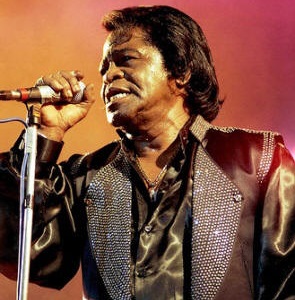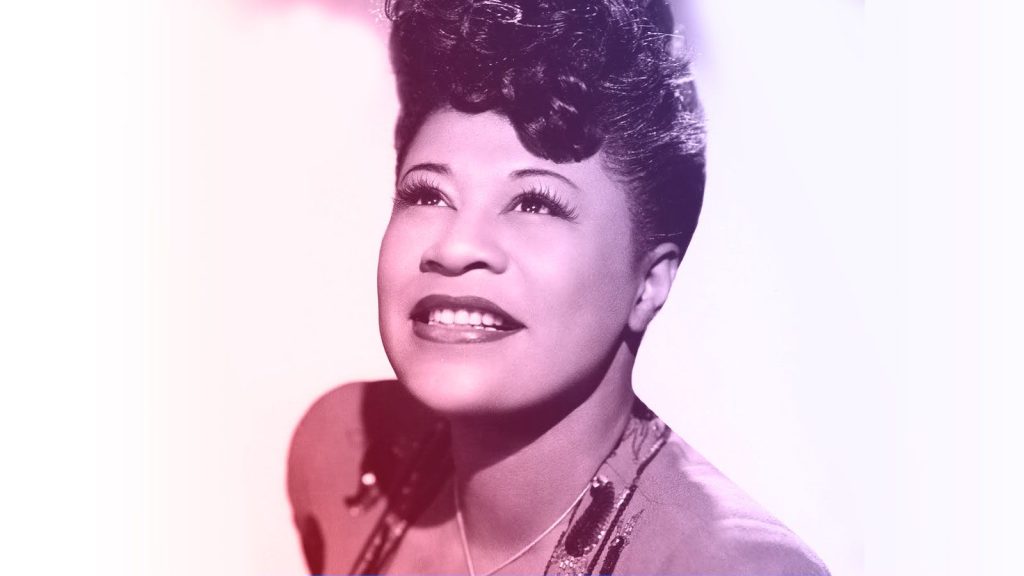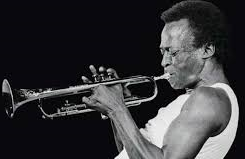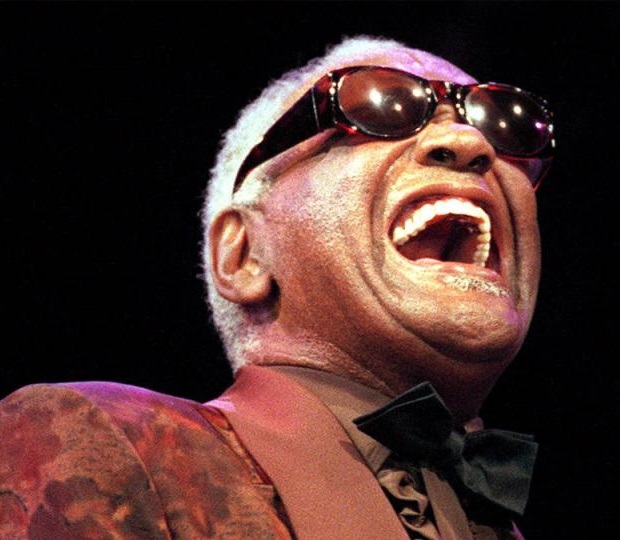February is Black History Month. This years theme is African Americans and the Arts. So throughout the month, I will highlight influential and well-known African American writers, musicians, and actors. For more information about Black History Month 2024 see the Association for the Study of African American Life and History and the National Museum of African American History and Culture.
In the tapestry of American music history, few figures stand as tall and leave an indelible mark quite like James Joseph Brown (May 3, 1933 – December 25, 2006), affectionately known as the ‘Godfather of Soul.’ His life journey, defined by humble beginnings, soul-stirring performances, and a revolutionary impact on music, establishes his place as an iconic figure in the realms of soul and funk.
Born in Barnwell, South Carolina, during the economically challenging 1930s, Brown’s early life was marked by resilience and a deep connection to music. Growing up in poverty in Augusta, Georgia, he found solace and inspiration in churches and tent revivals, where gospel music filled the air. In these settings, Brown first witnessed the power of performance, observing preachers using theatrics to elicit responses from the audience. These early experiences laid the foundation for Brown’s future as a consummate showman. His journey into the spotlight began with talent shows in 1944, and later, he embarked on a career as a gospel singer.
In the early 1950s, James Brown sang and toured with several gospel groups, eventually joining other gospel-based musicians to form ‘The Famous Flames,’ which evolved into an R&B powerhouse. Fueled by his refined vocal style based on the forceful shouting of his gospel roots, his ascent to stardom started in the mid-1950s. The ballad ‘Try Me’ marked his first chart-topping R&B hit in 1959, setting the stage for a decade of unparalleled success in the 1960s.
Throughout the 1960s, Brown earned the moniker “Soul Brother Number One” with iconic hits like ‘Papa’s Got a Brand New Bag,’ ‘I Got You (I Feel Good),’ and ‘It’s a Man’s Man’s Man’s World.’ His live album, ‘Live at the Apollo,’ showcased his dynamic performances, and ‘Papa’s Got a Brand New Bag’ won him the first of his three Grammy Awards in 1965.
James Brown led a musical revolution in the late 1960s that transformed the landscape of music. Songs like ‘Cold Sweat’ defined the emerging sound with interlocking rhythms on the ‘one’ beat and a unique vocal style that hovered between being sung, spoken, and shouted, set the groundbreaking foundation of funk.
The early 1970s saw Brown crowned as ‘the hardest working man in show business,’ a title he lived up to with meticulously controlled live shows. From choreography to costumes, every detail was meticulously planned. His performances, intense and lengthy, featured theatrical entrances, emotional exits, and a display of vigorous dancing and dazzling footwork.
The influence of James Brown extended beyond his musical innovations. His distinctive vocal style, showcased in hits like ‘I Got the Feelin’’ and ‘Mother Popcorn,’ became a precursor to rap and hip-hop in the 1980s. Artists like Public Enemy, Run-DMC, and The Beastie Boys sampled his work including ‘Get Up, Get Into It, Get Involved’ and ‘Funky Drummer’, introducing a new generation to the genius of the Godfather of Soul.
In the 1980s, Brown’s reach extended further as he appeared in ‘The Blues Brothers’ and collaborated with rap musician Afrika Bambaataa on the song ‘Unity.’ The hit single ‘Living in America,’ featured in ‘Rocky IV,’ showcased Brown’s ability to stay relevant across decades.
The legacy of James Brown isn’t just that of a musician; it is a force that forever changed the musical landscape. His impact on soul, funk, and subsequent genres like rap and hip-hop is immeasurable. As we celebrate the life and career of the ‘Hardest-Working Man in Show Business,’ we acknowledge his lasting contributions to the rich tapestry of American popular music. James Brown may have left the stage, but his influence echoes through the ages, ensuring his place among the greatest figures in music history.
Awards & Honors
- Grammy Awards
- 1965 Best Rhythm & Blues Recording for Papa’s Got A Brand New Bag
- 1986 Best R&B Vocal Performance, Male for Living In America
- 1991 Best Album Notes for Star Time
- 1992 Lifetime Achievement Award.
- Rock and Roll Hall of Fame (inducted 1986)
- Kennedy Center Honors (2003).
- National Rhythm & Blues Hall of Fame (inducted 2013)
- James Brown had over 90 songs on the Billboard Hot 100 that never reached #1.
Further Reading
- Kombluth, Jesse. The Hardest Working Man in Show Business. The Godfather of Soul. Yes, Him. The Good Men Project, August 2, 2014
- McCann, Ian. Best James Brown Samples: 20 Tracks That Built Hip-Hop. UDiscoverMusic.com, May 3, 2023
- James Brown: Soul Survivor. How James Brown flipped soul music on its head to create funk. PBS, American Masters, October 29, 2003
- James Brown. Britannica.com
- James Brown. Biography.com
- James Brown. Wikipedia.com




